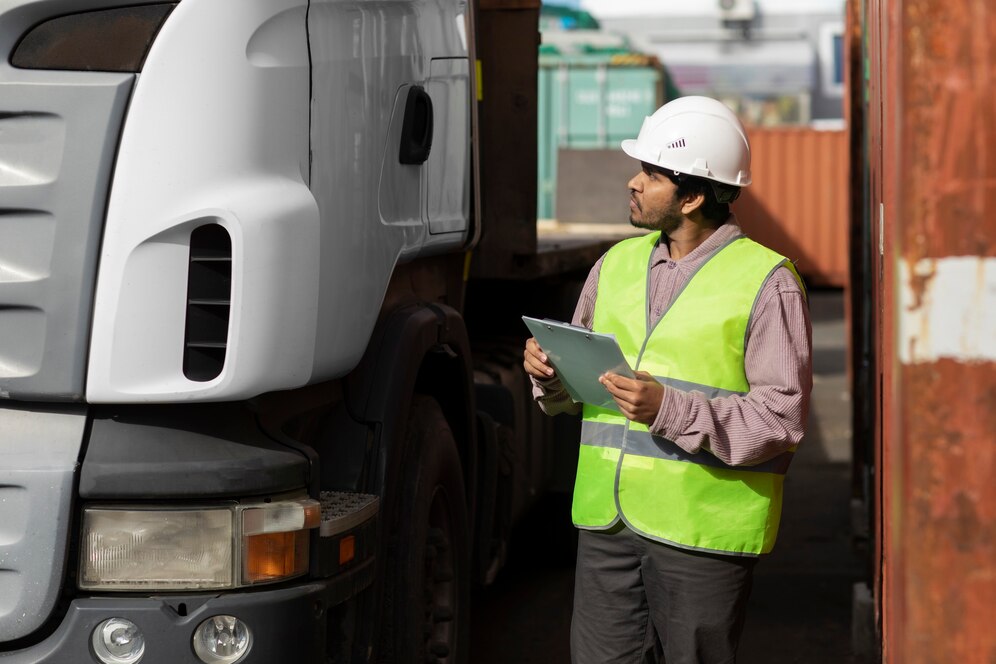Freight forwarders serve as essential facilitators, ensuring the smooth transportation of goods from the point of origin to the destination. This article explores the indispensable role of freight in the transportation of sugar. It includes the detailing their services, impact on sugar logistics, and selection criteria.
Role of Freight Forwarders
It act as intermediaries between shippers and carriers, coordinating various aspects of the transportation process. Their responsibilities encompass Logistics Management: Freight forwarders manage the entire logistics chain. Including booking cargo space, arranging transportation, and overseeing warehousing and distribution. Documentation Handling: They handle the complex paperwork involved in international shipping, such as customs clearance, export/import documentation, and regulatory compliance. Risk Management: these forwarders assess and mitigate risks associated with transportation, ensuring cargo security, compliance with regulations, and timely delivery.
Services
They offer a comprehensive range of services tailored to the specific needs of sugar transportation. Transportation Modes: They coordinate various transportation modes, including sea freight, air freight, road transport, and rail transport. It is solely based on the requirements of sugar shipments. Customs Clearance: they also navigate the intricacies of customs procedures, ensuring smooth clearance of sugar shipments across international borders. Warehousing and Distribution: They manage warehousing facilities and distribution networks to facilitate the storage and onward delivery of sugar shipments.
Impact on Sugar Logistics
The role of these forwarder significantly influences the efficiency and effectiveness of sugar logistics. Streamlined Operations: Freight forwarders streamline transportation operations, optimizing routes, minimizing transit times, and reducing costs associated with sugar logistics. Risk Mitigation: By leveraging their expertise in risk management, freight forwarders help mitigate potential disruptions in sugar transportation, ensuring the timely delivery of goods. Enhanced Visibility: these forwarders provide real-time visibility into the movement of sugar shipments, enabling stakeholders to track their cargo and monitor delivery schedules.
Selection Criteria
When selecting freight forwarder for sugar transportation, businesses should consider several factors: Experience and Expertise: Choose freight forwarders with extensive experience and expertise in handling sugar shipments, particularly in navigating the complexities of international trade regulations. Global Network: Opt for freight forwarders with a robust global network of partners and agents, ensuring comprehensive coverage and seamless transportation across international borders. Technology Integration: Look for freight forwarders that leverage advanced technology solutions for cargo tracking, documentation management, and communication, enhancing visibility and efficiency in sugar logistics.
Conclusion
Freight forwarders play a vital role in the transportation of sugar, offering a wide range of services to streamline logistics operations, mitigate risks, and ensure timely delivery. By understanding the role of freight forwarders, businesses can make informed decisions in selecting partners to optimize their sugar transportation processes. For further insights into the impact of global economic conditions on sugar, check out our blog post on evaluating the impact of global economic conditions on sugar. Additionally, learn about the logistics of organic sugar vs. non-organic sugar in our blog post on the logistics of organic sugar vs. non-organic sugar.

